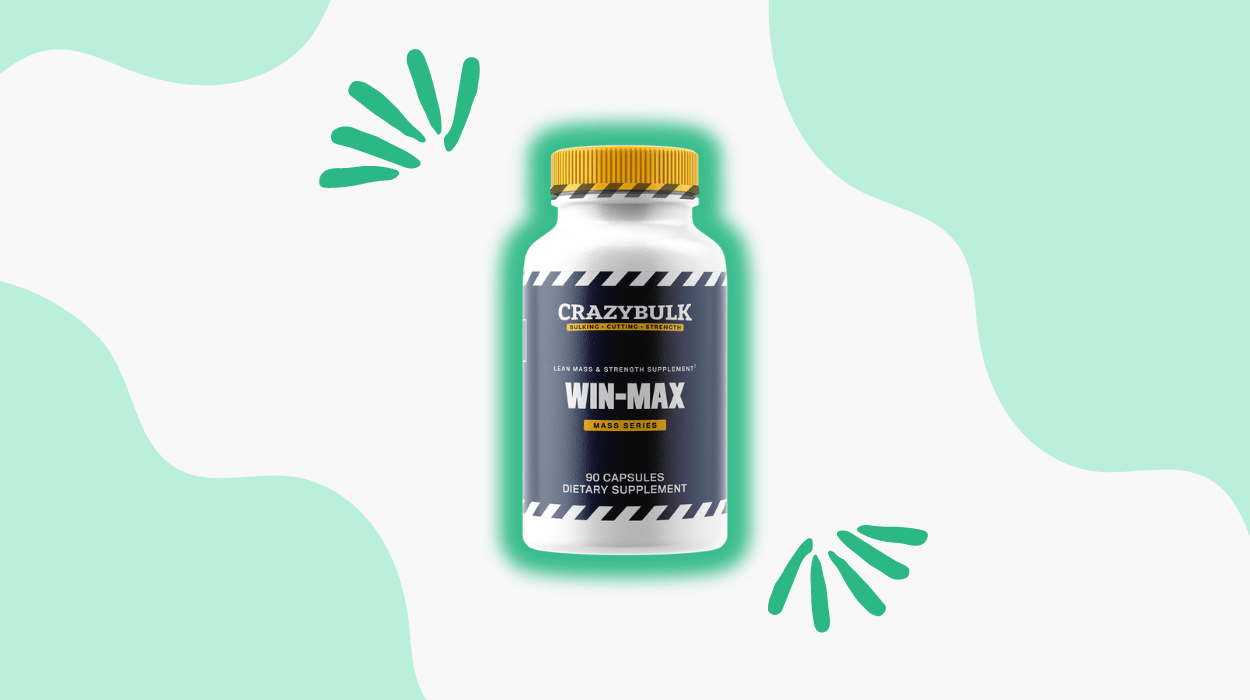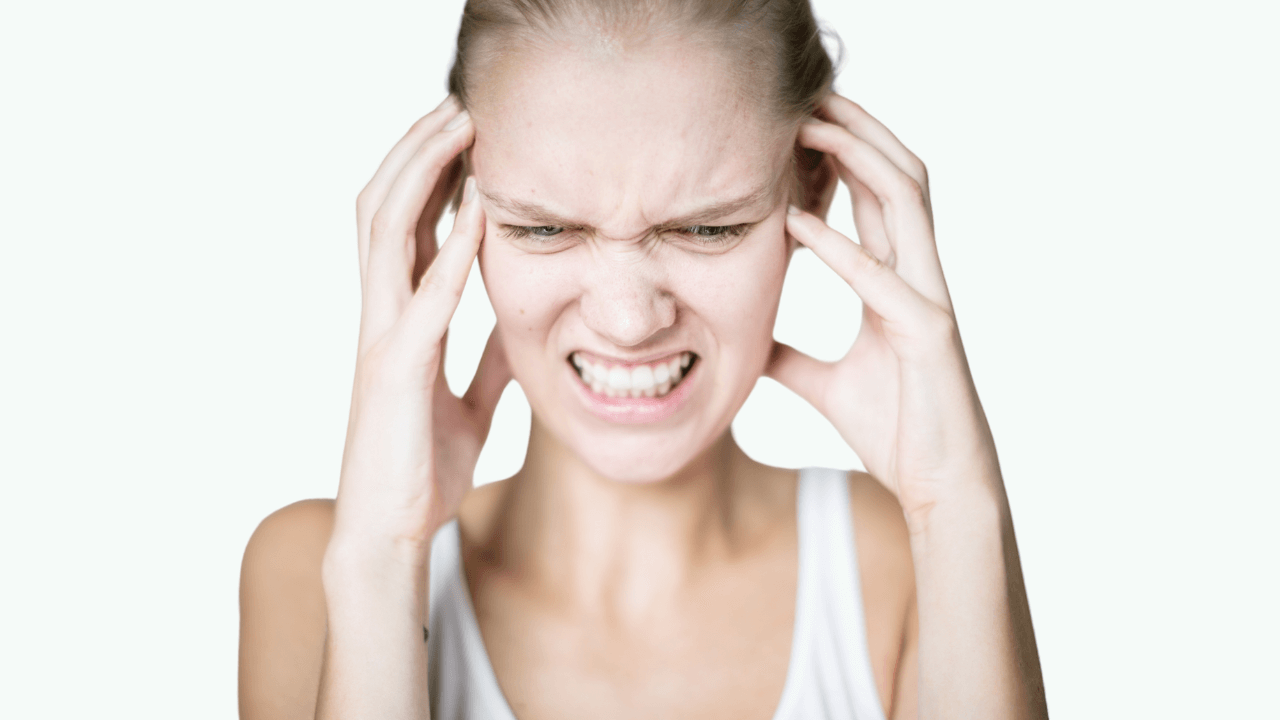

Anxiety and anger are two human emotions that are normal responsive mechanisms of the body, often misinterpreted for each other.
Anxiety is a worry or fear faced in response to perceived danger. Anger is a threat response, but it is paired with intensive outbursts of annoyance.
When anxiety goes unrecognized, it often manifests as anger or frustration, leading people to react strongly to seemingly minor triggers.
The repercussions of giving in to anger could be profound, affecting relationships, mental health, decision-making processes, and physical health.
Not all anger is directly linked to anxiety; introspection often reveals that underlying fears and panic may serve as the roots of a person’s anger issues.
Examining the relationship between anxiety and anger is essential to understanding their complexities, management strategies, and when to seek professional guidance.
When feeling anxious, it is possible to experience elevated anger that may stem from various underlying factors. The connection between anxiety and anger may be attributed to the body’s natural response mechanisms.
Anger may serve as a protective shield against the distressing feelings of anxiety, offering a more assertive and controlling emotional outlet. It can provide a temporary sense of empowerment and expression.
When faced with perceived threats or stressors, the body signals the release of hormones like adrenaline and cortisol, preparing for action. This physiological reaction may manifest as irritability and anger as the body gears up to confront or escape potential danger.
While anxiety may leave people feeling vulnerable and overwhelmed, anger might emerge as a defense mechanism or a way to regain a sense of control.

Physical exercise may stimulate endorphin release, often called the body’s natural painkillers. These chemicals interact with brain receptors to reduce pain perception and trigger positive feelings, helping minimize both anger and anxiety.
Regular physical activity could lower the body’s stress hormones, such as cortisol. It may simultaneously boost the production of neurotransmitters that contribute to mood regulation. The dual effect could significantly reduce anger and anxiety, promoting calmness.
Research studies suggest that people who ran on a treadmill for over 20 minutes reported experiencing reduced anxiety and anger than pre-running. Such findings could highlight the role of physical activities in improving mood and reducing anxiety.
You may engage in physical activities like running, cycling, strength training, cardio exercises, or brisk walking. These activities may elevate your heart rate and help reduce stress, anger, and anxiety.
Mindfulness meditation practice may involve focusing on the present moment without judgment. Research has established that mindfulness exercises could help manage emotions, such as anxiety and anger.
As per a study by Alberto Amutio and Isabel Mercader, women with fibromyalgia who engaged in mindfulness practices experienced lower levels of internalized anger and anxiety after a 7-week program.
You may practice breathing exercises, feel your body and senses, and repeat a calming word or phrase to encourage mindfulness. These activities may help subside elevated anxiety/anger and promote relaxation.
To further understand the benefits of mindfulness practice, consider the following comparisons:
| Mindfulness Practice Benefits |
|---|
| Fosters self-awareness |
| Reduces anxiety |
| Manages stress levels |
| Enhances emotional regulation |
| Improves overall well-being |
Utilizing slow breathing techniques could help mitigate the physiological symptoms associated with anxiety and anger. Slow breathing could help regulate heart rate variability (HRV), the time variation between your heartbeats.
Monitoring your HRV may provide insights into your emotional state and overall health. Low HRV is associated with anxiety and depression and indicates a lack of adaptability to stressors. A higher HRV suggests better emotional regulation and resilience to challenges.
Practicing slow breathing, typically fewer than six breaths per minute, can enhance HRV. It might promote relaxation, reduce anxiety, and alleviate anger.
Anger is a negative emotion that could aggravate muscle tension and heighten pain and body aches. Getting a gentle massage may reduce muscle tension and help lower the psychological impact of anxiety and anger.
Swedish massage therapy might be effective against feelings of anxiety and anger. A Swedish massage’s soothing touch and rhythmic movements could release tension, encourage relaxation, and alleviate anger and anxiety symptoms.
A recent study involving 100 women found that participants who received Swedish massage therapy sessions over 5 weeks encountered reduced signs of mood disorders, including anger and anxiety.
The women reported improvements in mood both during and after the program, indicating the potential benefits of massage therapy in managing emotional distress.
Cognitive behavioral therapy (CBT) might divert unhealthy thought patterns that may contribute to heightened levels of anger and anxiety.
Working with a trained therapist could assist in pinpointing the specific situations or thoughts that trigger anxiety or anger responses. Recognizing these triggers may help you understand the root causes of your emotional reactions.
Although CBT is not a quick fix, some research indicates that CBT might be effective in managing chronic anxiety and anger issues. CBT may equip you with the tools to manage emotions and thought processes, helping mitigate anxiety and anger.
Anxiety and anger may share an intricate relationship. These emotions may manifest during a perceived threat triggered externally, emotionally, physically, or mentally.
In rare instances, the lifestyle interventions may fail to show noticeable results in reducing anxiety/anger/
Given the complexities of managing anxiety and anger, you may encounter challenges when coping methods prove insufficient in addressing your emotional struggles.
Here are some steps to take when coping methods aren’t enough:
| Step | Description | Benefits |
|---|---|---|
| Self-Reflection | Take time to reflect on your emotions and triggers, gaining insight into what is causing your anxiety and anger. | Helps in identifying patterns and triggers, leading to better self-awareness. |
| Seeking Professional Help | Consult a mental health professional to explore tailored treatment options, such as therapy or medication. | Provides specialized support and guidance for managing anxiety and anger. |
| Engaging in Supportive Communities | Join support groups or engage with like-minded individuals to share experiences and coping strategies. | Offers a sense of belonging and understanding, reducing feelings of isolation. |
It is normal to get anxious or angry in certain situations. There may be times when anxiety will be logical, and anger might be an appropriate response.
When anxious or angry, your body may secrete hormones like adrenaline and cortisol as part of your body’s natural fight or flight response. During these emotional flare-ups, you might encounter some physiological symptoms such as:
Must See:
During anxiety or anger episodes, the body’s sympathetic nervous system gets activated. The activation may induce a cascade of emotional and physiological responses, or the “fight or flight” response.
The “fight or flight” mode intends to protect you from perceived threats, whether real or imagined. Threat perception may influence the intensity of the emotional and physiological responses associated with the fight or flight mode.
When anxiety is present, the body’s response to perceived threats might be exaggerated, potentially resulting in the emergence of anger as a coping mechanism.
Here are some changes that can arise from the body’s innate fight or flight response:
The following circumstances may warrant seeking a medical professional:
Understanding the relationship between anxiety and anger is crucial in managing emotional responses effectively.
Seeking professional help and keeping a journal to track anxiety-inducing situations (leading to anger) may help break the cycle of anxiety-driven anger outbursts.
Some lifestyle interventions to manage anxiety-induced anger include maintaining healthy social interactions, exercising regularly, engaging in mindfulness, and getting enough sleep.
Participating in anger management programs, talking about how you feel, counting to 10, and deep breathing could help reduce the severity of anger/anxiety outbursts.
Tyler Read earned an undergraduate academic degree from Sonoma State University, California and is a certified personal trainer (CPT) with NASM (National Academy of Sports Medicine). With over 16 years of experience, Tyler has trained clients both online and in-person.
He is passionate about helping others turn their love for fitness into a career. Tyler has worked with many local and commercial gyms before establishing his successful private personal training business, which he continues to operate.
